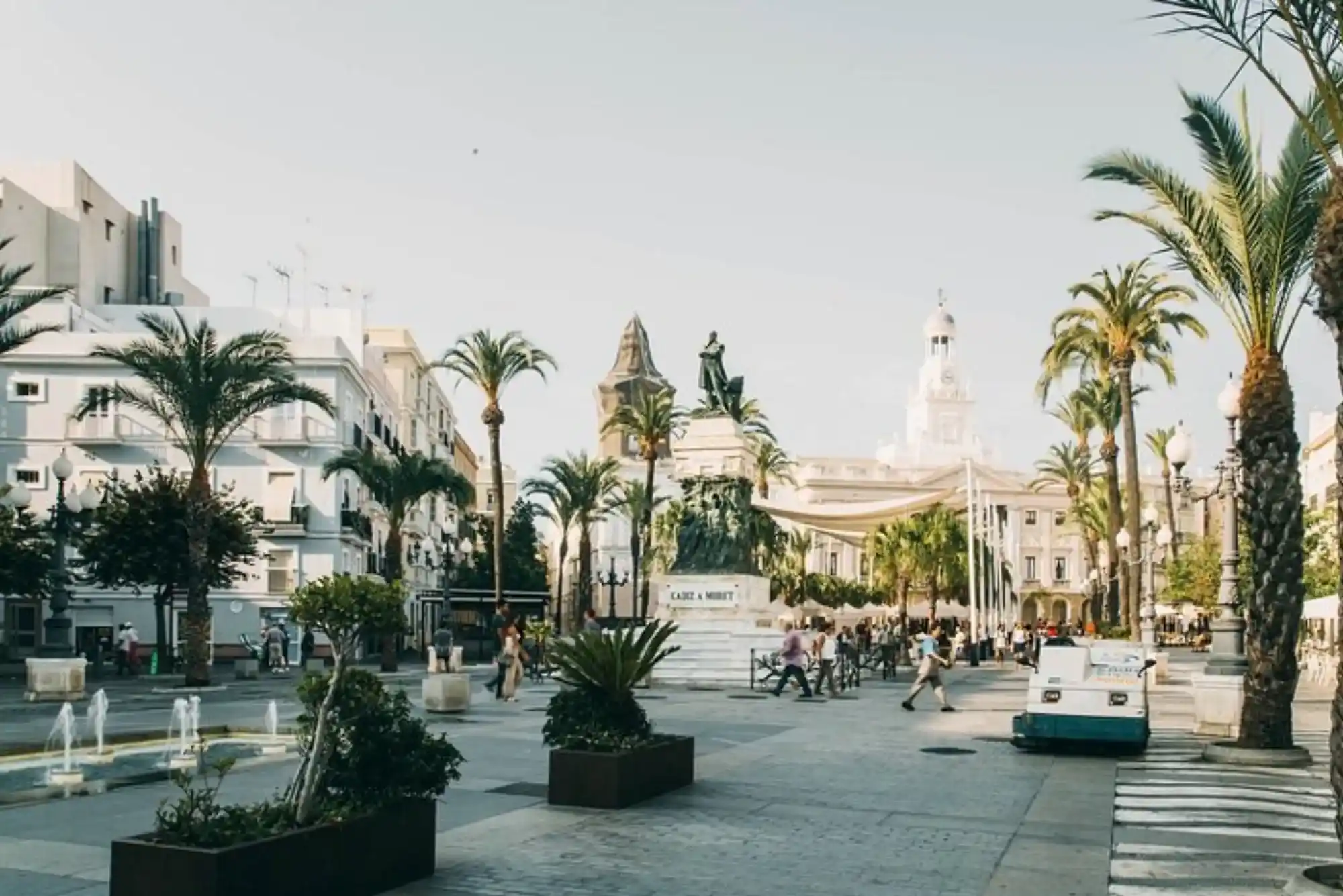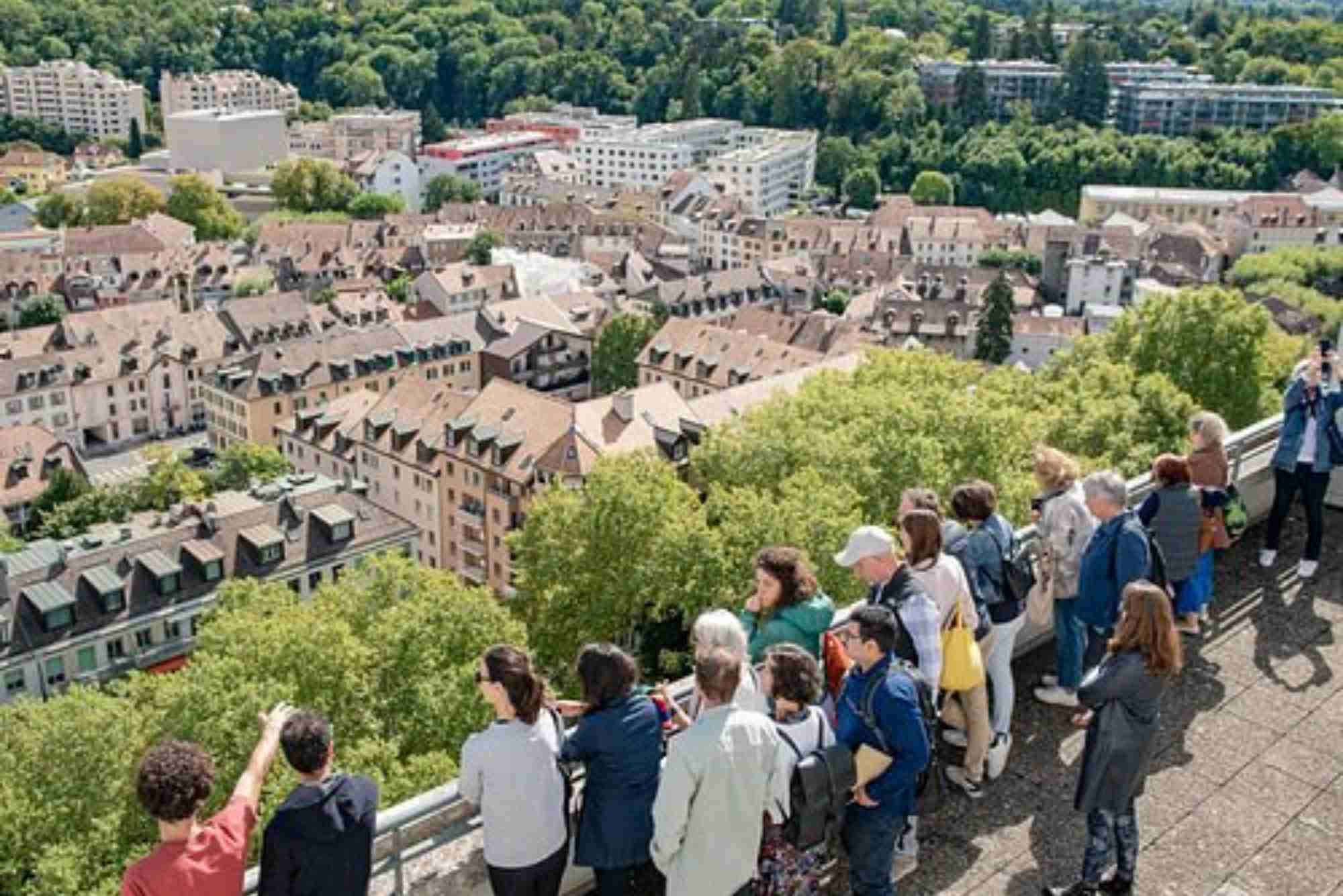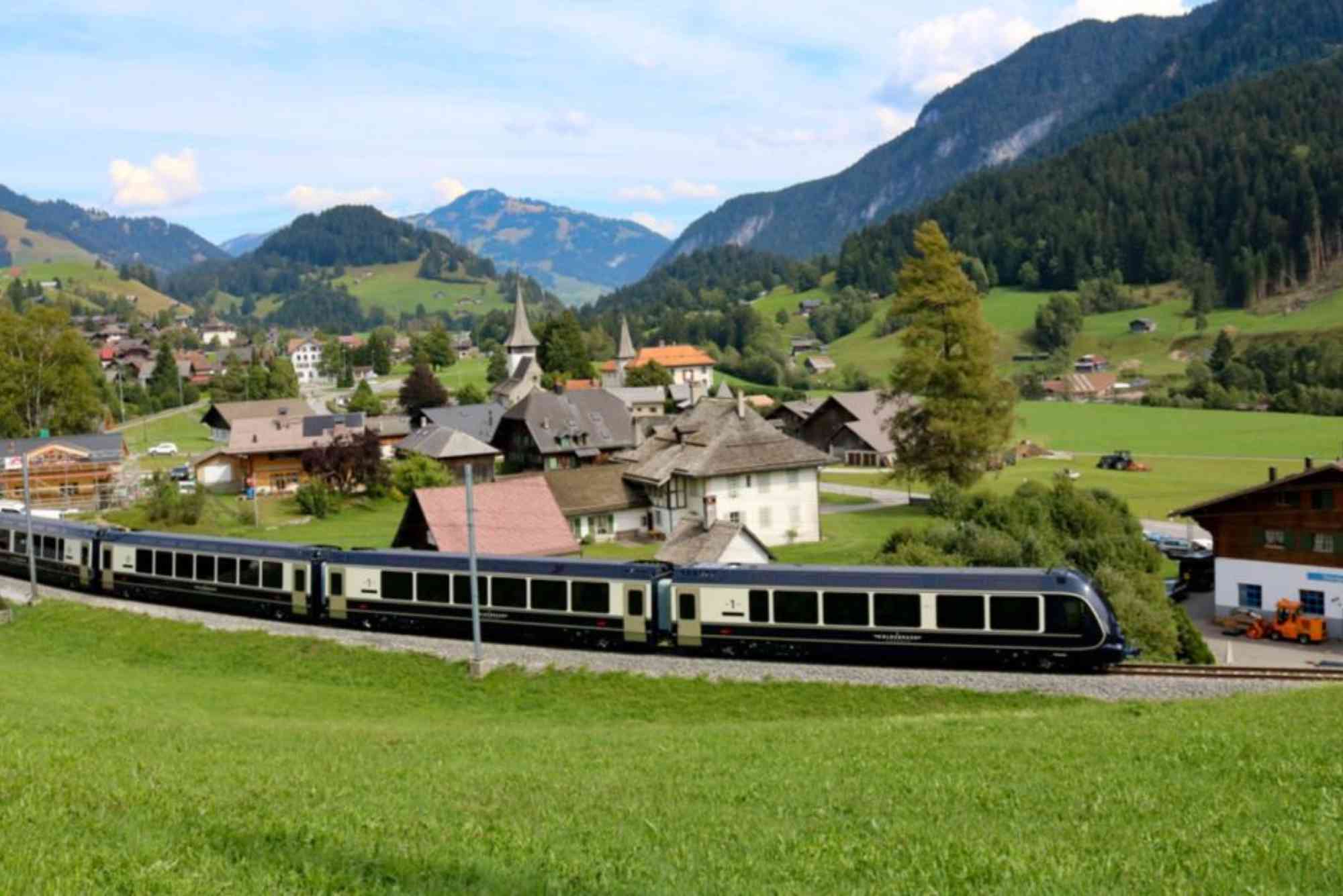The Ancient Beginnings of Cádiz
Cádiz, one of the oldest continuously inhabited cities in Europe, boasts a history that dates back over 3,000 years. Founded by the Phoenicians around 1100 BCE, this coastal gem was originally known as Gadir. Its strategic location on the Atlantic coast made it a vital hub for trade and cultural exchange. The Phoenicians established Cádiz as a trading post, connecting the Mediterranean with the Atlantic, and their influence can still be felt in the city’s archaeological remains.
Roman Cádiz: The Flourishing Port of Gades
Under Roman rule, Cádiz, then called Gades, became a thriving port city. The Romans recognized its importance as a gateway to the Atlantic and invested heavily in its infrastructure. Amphitheaters, aqueducts, and temples were constructed, many of which remain as a testament to the city’s grandeur. During this period, Cádiz was not only a commercial hub but also a cultural center, attracting scholars and artists from across the empire.
The Moorish Era: Al-Andalus and Cádiz
In the 8th century, Cádiz fell under Moorish control, becoming part of the Al-Andalus region. The Moors introduced new architectural styles, agricultural techniques, and cultural practices that enriched the city’s heritage. The influence of Islamic art and architecture is still visible in Cádiz’s historic buildings and narrow, winding streets. This period also saw the city become a melting pot of cultures, with Christians, Jews, and Muslims coexisting and contributing to its development.
The Age of Exploration: Cádiz as a Maritime Power
During the 15th and 16th centuries, Cádiz played a pivotal role in the Age of Exploration. As Spain expanded its empire across the Atlantic, the city became a key departure point for expeditions to the New World. Christopher Columbus himself set sail from Cádiz on his second voyage to the Americas. The wealth and resources flowing into Spain from its colonies transformed Cádiz into a bustling and prosperous port city.
The Golden Age of Cádiz
The 18th century marked the Golden Age of Cádiz. As trade with the Americas flourished, the city became one of the wealthiest in Spain. Its port was a hub of activity, with ships arriving from and departing to all corners of the globe. The city’s prosperity was reflected in its architecture, with grand mansions and public buildings constructed during this period. Cádiz also became a center of enlightenment and intellectual thought, hosting debates and discussions that shaped the course of Spanish history.
The Siege of Cádiz: A Turning Point in History
In the early 19th century, Cádiz found itself at the center of the Peninsular War. The city was besieged by French forces but managed to resist, thanks to its strong fortifications and the determination of its inhabitants. The siege became a symbol of Spanish resistance against Napoleon’s forces and inspired a sense of national pride. It was during this time that the Cádiz Cortes, Spain’s first national assembly, was convened, leading to the drafting of the 1812 Constitution.
Modern Cádiz: A Blend of History and Culture
Today, Cádiz is a vibrant city that seamlessly blends its rich history with modern culture. Visitors can explore its ancient ruins, stroll through its historic neighborhoods, and enjoy its lively festivals. The city’s Carnival, one of the most famous in Spain, attracts thousands of visitors each year. For those looking to delve deeper into its history, a Free tour Cádiz offers an excellent opportunity to discover its hidden gems and lesser-known stories.
The Architectural Marvels of Cádiz
Cádiz is home to a stunning array of architectural styles, reflecting its diverse history. From the Roman theater to the Baroque Cathedral of Cádiz, the city’s landmarks tell the story of its evolution over the centuries. The Torre Tavira, a watchtower from the 18th century, offers panoramic views of the city and serves as a reminder of its maritime heritage. Walking through the streets of Cádiz is like stepping back in time, with every corner revealing a piece of its past.
The Role of Cádiz in Spanish Independence
Cádiz played a crucial role in Spain’s struggle for independence. The 1812 Constitution, known as “La Pepa,” was drafted and signed in the city, laying the foundation for modern Spanish democracy. This historic event is commemorated in Cádiz with monuments and museums that highlight its significance. A Free walking tour Cádiz often includes stops at these important sites, providing visitors with a deeper understanding of the city’s impact on Spanish history.
The Cultural Heritage of Cádiz
Beyond its historical significance, Cádiz is a city rich in cultural heritage. Its music, cuisine, and traditions reflect the influences of the many civilizations that have called it home. Flamenco, a quintessentially Spanish art form, has deep roots in Cádiz, and the city’s tapas bars offer a taste of its culinary delights. The people of Cádiz, known for their warmth and hospitality, are proud of their heritage and eager to share it with visitors.
Lessons from the History of Cádiz
The history of Cádiz offers valuable lessons for the modern world. Its resilience in the face of adversity, its ability to adapt and thrive, and its commitment to cultural exchange and coexistence are qualities that remain relevant today. As we explore the city’s past, we are reminded of the importance of preserving our heritage and learning from the experiences of those who came before us.
Conclusion: Cádiz, a Timeless Treasure
Cádiz is more than just a city; it is a living testament to the passage of time and the enduring spirit of its people. From its ancient beginnings to its modern vibrancy, Cádiz has always been a place of significance and inspiration. Whether you’re a history enthusiast, a culture lover, or simply a curious traveler, a visit to Cádiz promises an unforgettable journey through time. So why not embark on a Free tour Cádiz and discover the stories that make this city truly unique?







